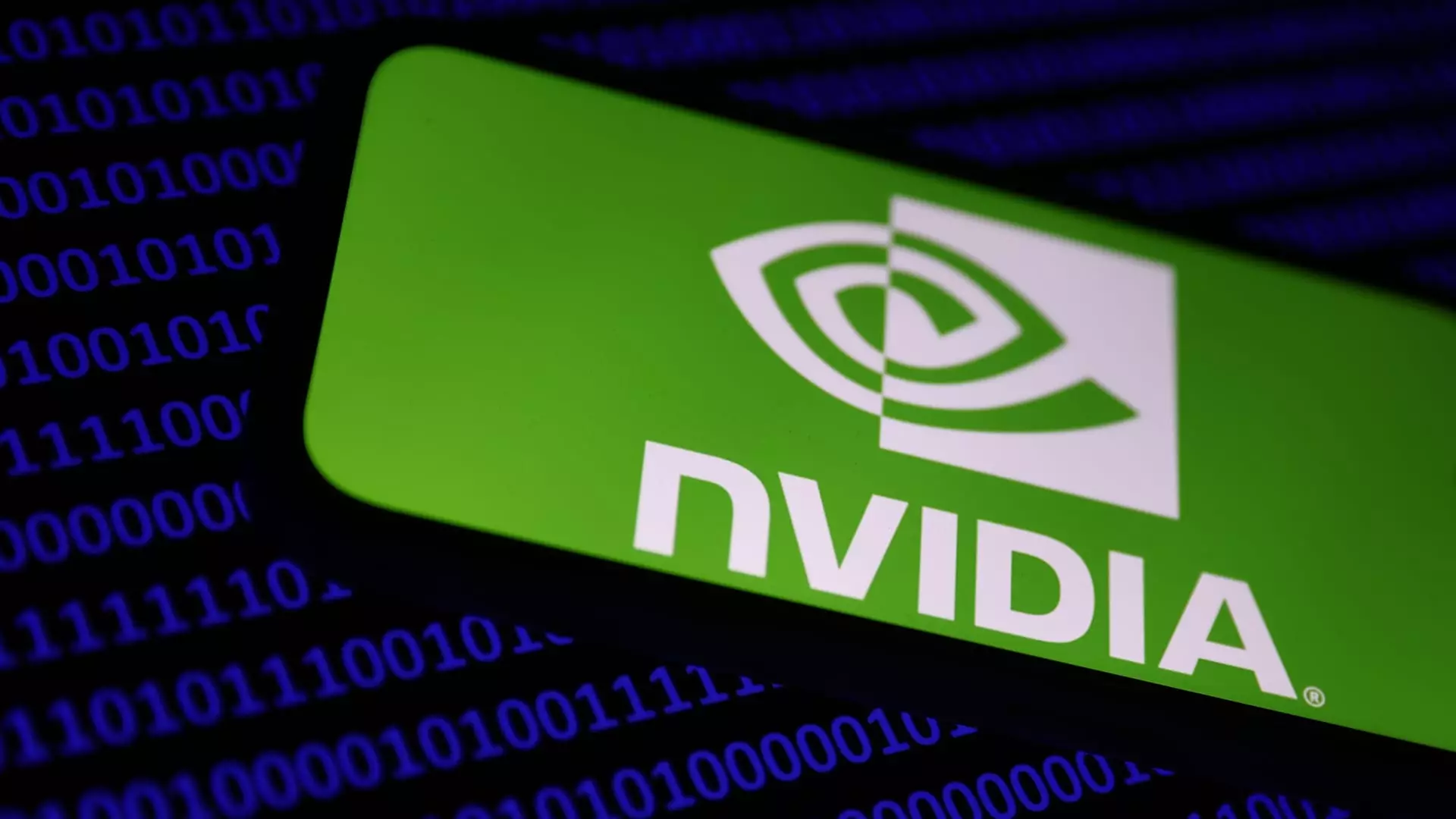Saudi Arabia is striving for a monumental leap in artificial intelligence, aiming to integrate advanced capabilities into its rapidly evolving technological landscape. Recently, discussions surrounding access to advanced chips from Nvidia have emerged as a pivotal point in the kingdom’s ambitions. As articulated by Abdulrahman Tariq Habib, Deputy CEO of the Saudi Data and AI Authority (SDAIA), the expectation of securing these chips within the next year signals a significant development for the nation. Such accessibility would ideally enable Saudi Arabia to both cultivate and operationalize cutting-edge AI models that could enhance myriad sectors, from healthcare to finance.
The kingdom’s focus on AI aligns with its broader Vision 2030 initiative, spearheaded by Crown Prince Mohammed bin Salman. This strategic framework revolves around diversifying Saudi Arabia’s economy beyond oil dependency, positioning AI as a key driver for future economic growth. With the aim of making AI contribute approximately 12% of the nation’s GDP by 2030, the intention reflects a deep commitment to fostering a robust digital ecosystem.
A report from SDAIA highlights the kingdom’s ambitious roadmap towards becoming a global leader in AI, underscoring that the $925 billion Public Investment Fund will play a pivotal role in these endeavors. In addition to pursuing advanced semiconductor technology, Saudi Arabia’s approach emphasizes building localized human and data capacities—a dual commitment that recognizes the importance of foundational skills and infrastructure.
Furthermore, Saudi Arabia’s ongoing dialogues with American investment firms reflect a proactive strategy to cultivate financial partnerships that support its AI aspirations. Notably, potential collaborations with firms like Andreessen Horowitz indicate a desire to harness American knowledge and expertise as the kingdom looks to carve out its niche in the global AI arena.
While domestic ambitions are robust, the journey does not come without obstacles. The current geopolitical climate—particularly the U.S. government’s stringent export controls—creates a complex landscape for Saudi Arabia’s access to Nvidia’s advanced chips. These restrictions, primarily aimed at curbing Chinese technological advances, have inadvertently placed Saudi Arabia in a challenging position. Nevertheless, Habib remains optimistic; he views the possible easing of export rules as a reflection of the growing collaboration between Riyadh and Washington in the AI sector.
Habib’s remarks hint at a broader understanding within the U.S. administration of Saudi Arabia’s potential as an emerging player in AI technology. By signifying a willingness for cooperation, the U.S. underscores its recognition of the kingdom’s strategic importance in the realm of digital transformation and innovation.
However, complexities remain, particularly given Saudi Arabia’s substantial economic ties with China—its largest trading partner. The ongoing trade relationship with Beijing poses a challenge for Riyadh as it navigates its aspirations for technological advancement while ensuring its alignment with U.S. security interests. The kingdom is reportedly engaged in efforts to demonstrate its commitment to U.S. demands—an endeavor that seeks to preserve lucrative relations with two superpowers without alienating either side.
The tension is palpable as the kingdom engages in a diplomatic balancing act, intent on safeguarding its interests while fostering a technological environment that could one day rival that of the most developed nations. Access to Nvidia’s chips could not only catalyze advancements in AI but also bolster the country’s investment climate by attracting further international partnerships.
As Saudi Arabia continues its journey to becoming a powerhouse in AI, the outcomes of these negotiations and strategic partnerships will likely shape its technological landscape for years to come. If successful, the procurement of advanced chips will elevate the kingdom’s capabilities, supporting its ambitions to establish itself as a hub for innovation in the Middle East.
Ultimately, Saudi Arabia’s narrative is one of transformation, resilience, and aspiration—a country on the verge of redefining its identity in the modern era. Collaboration, both internally and globally, along with strategic navigation through the complexities of international relations, will be key as it moves toward a future where AI plays a central role in its economy and beyond. As this new chapter unfolds, all eyes will be on Riyadh to see whether it can fulfill its ambitious vision in the dynamic world of artificial intelligence.

